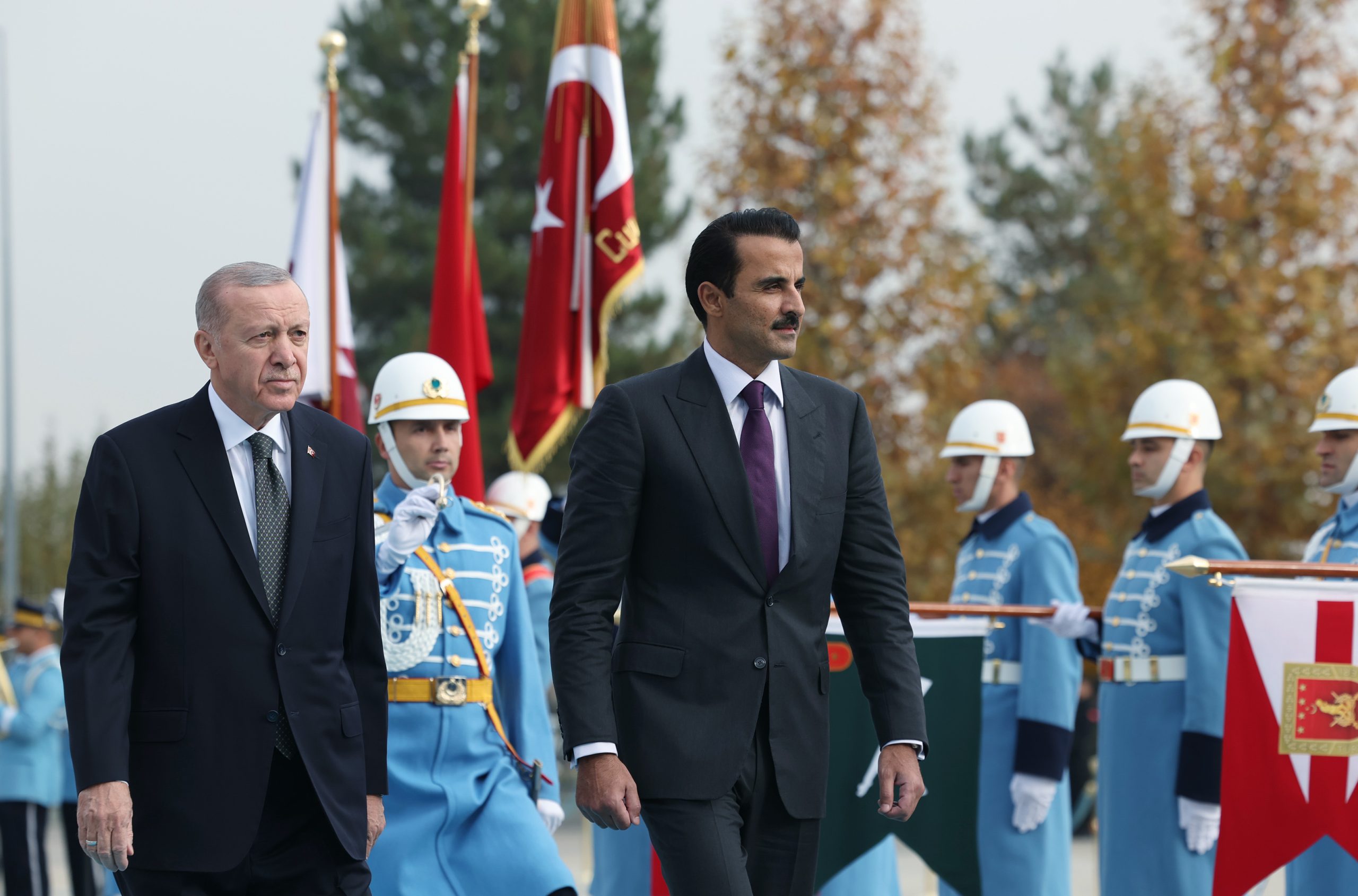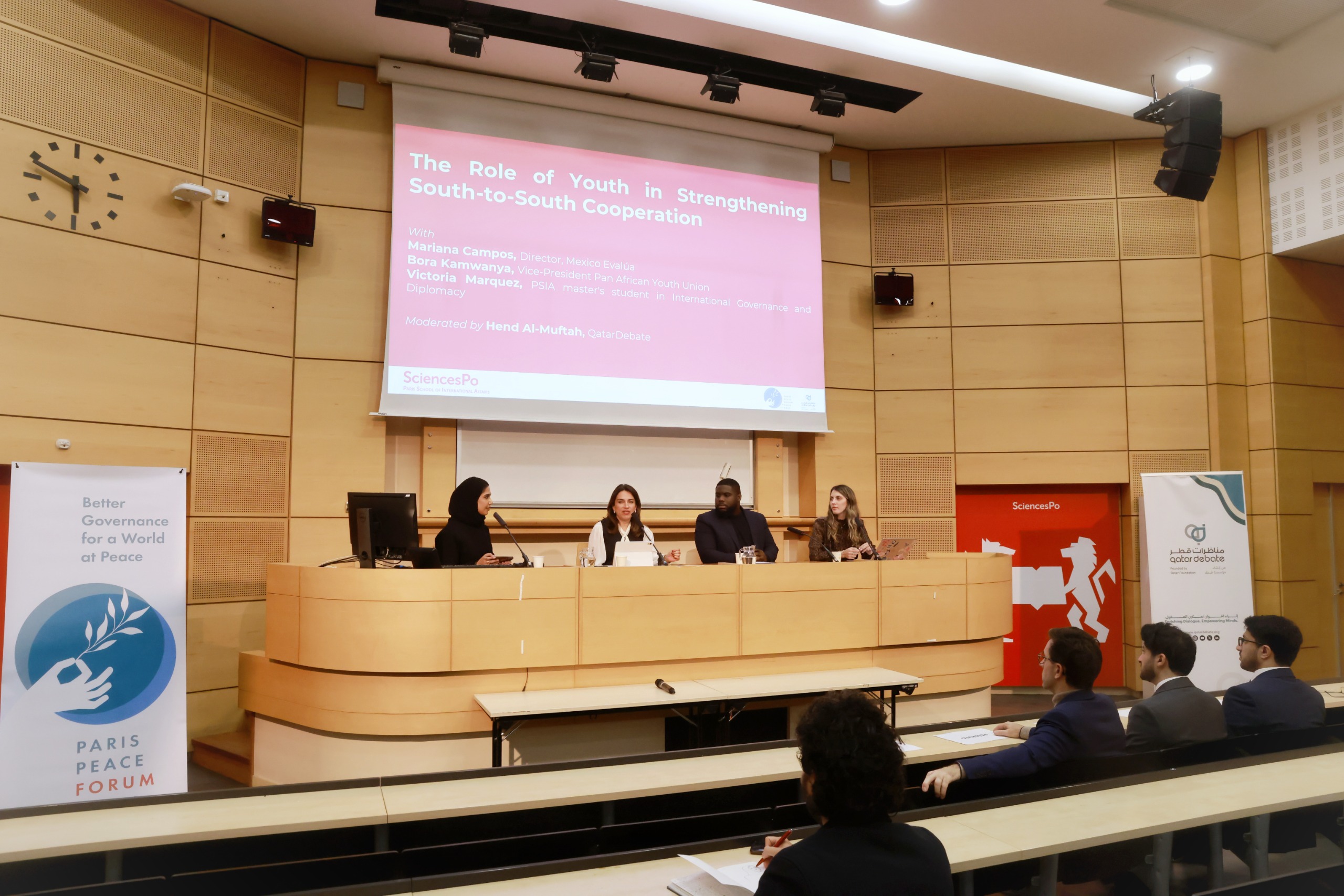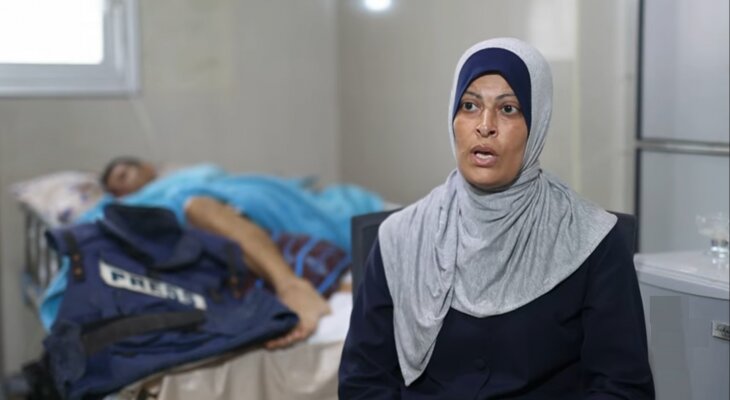More than 10,000 people have been killed after a month of ruthless Israeli attacks on the Gaza Strip.
The International Committee of the Red Cross (ICRC) said it is “deeply troubled” after its aid convoy came under attack in Gaza on Tuesday, leaving two trucks damaged and a driver wounded.
The trucks were delivering lifesaving medical supplies to health facilities the besieged Gaza Strip, where more than 10,000 Palestinians including 4,000 children have been kill in a one-month long devastating Israeli war.
“The International Committee of the Red Cross (ICRC) is deeply troubled that its humanitarian convoy in Gaza City came under fire on Tuesday,” the international organisation posted on its website.
Footage that emerged online showed the trucks pierced with bullet holes.
William Schomburg, the head of the ICRC delegation in Gaza, said conditions in the city are jeopardising the organisation’s humanitarian efforts.
“These are not the conditions under which humanitarian personnel can work,” said Schomburg. “We are here to bring urgent assistance to civilians in need. Ensuring that vital assistance can reach medical facilities is a legal obligation under international humanitarian law,” he added.
The ICRC statement called on parties to adhere to international humanitarian law as it aims to”bring urgent assistance to civilians in need.”
The convoy was initially scheduled to deliver supplies to Al Quds Hospital but was forced to alter its course following the attack. It finally managed to reach Al Shifa Hospital and delivered the supplies there.
Global plea for ceasefire
The month-long Israeli bombardment on Gaza has killed more than 10,022 people in Gaza, including 4,104 children. Israel has continued to grip onto a crippling siege that has denied locals from accessing medical supplies, water and electricity, allowing trucks to sporadically trickle in through the Rafah crossing.
Israel has dropped more than 25,000 tonnes of explosives on Gaza since the start of the war, making it the equivalent to two nuclear bombs, Euro-Med Human Rights Monitor said on Thursday.
More than one-third of hospitals in Gaza have already shut down either due to damage or lack of fuel, and the remaining 10 hospitals in the north of the Strip continue to face threats of bombing by Israel.
Hospitals in Gaza receive an average of one wounded person every minute and 15 bodies every hour, the Gaza Media Office said.
However, the absence of essential medical supplies, water and electricity have made it almost impossible to tend to injuries, with doctors working round the clock to save as many lives as possible.
Last week, a group of 100 Israeli doctors shocked the world after calling for the bombing of Al Shifa, the largest hospital in Gaza, as per a report by Israeli news site HaMedash reported.
“Bomb the terror nests and Hamas headquarters in the hospitals in Gaza. A place that is a home for terrorism is not a hospital protected from war,” the doctors’ said in a joint statement.
Meanwhile, as the death toll continues to mount, 18 leaders of UN agencies and NGOs signed a statement this week calling for the immediate release of captives, more humanitarian access, and an urgent humanitarian ceasefire.
“An entire population is besieged and under attack, denied access to the essentials for survival, bombed in their homes, shelters, hospitals and places of worship. This is unacceptable,” the statement read.
“More than 100 attacks against health care have been reported.
Scores of aid workers have been killed since October 7 including 88 UNRWA colleagues – the “highest number of United Nations fatalities ever recorded in a single conflict,” the statement added.
The letter was co-commissioned by the Inter-Agency Standing Committee (IASC), and CARE International urged for a plea to “respect all their obligations under international humanitarian and human rights law.”
“We renew our plea for the parties to respect all their obligations under international humanitarian and human rights law. We renew our call for the immediate and unconditional release of all civilians held hostage,” the statement said.
“Civilians and the infrastructure they rely on – including hospitals, shelters, and schools – must be protected. More aid – food, water, medicine, and of course fuel – must enter Gaza safely, swiftly, and at the scale needed, and must reach people in need, especially women and children, wherever they are,” the statement added.
The international signatories note in the statement that civilians and infrastructure, including hospitals and shelters, must be protected.
“We need an immediate humanitarian ceasefire. It’s been 30 days. Enough is enough. This must stop now,” the statement concluded.







